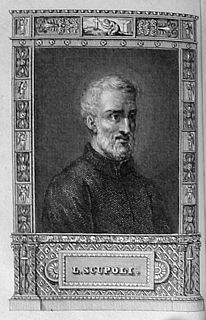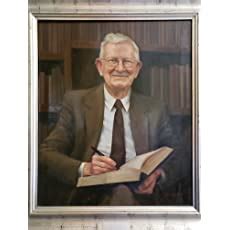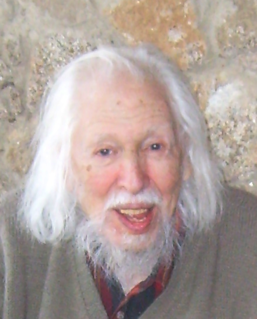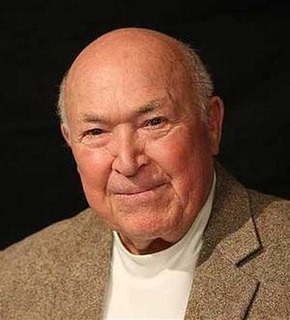A Quote by Wayne Dyer
The purpose of prayer is not to influence God to grant you special favors, but rather to remind yourself that you are always connected to God.
Related Quotes
Humble patience, tirelessness and persistence in prayer conquer the unconquerable God and incline Him to mercy. According to the Lord's parable, the importunity of the widow inclined a wicked and unjust judge to grant her petition (cf. Lk. 18:1 ff.). The Lord gave this parable for a special purpose ? to teach us not to faint, but to pray patiently. If an unjust judge was persuaded to grant the petition of the widow, how can God fail to incline His ear to our prayers, if we persist in imploring Him since He is the essence of lovingkindness?
Prayer is first of all listening to God. It's openness. God is always speaking; he's always doing something. Prayer is to enter into that activity... Convert your thoughts into prayer. As we are involved in unceasing thinking, so we are called to unceasing prayer. The difference is not that prayer is thinking about other things, but that prayer is thinking in dialogue,... a conversation with God.
Prevailing prayer is prayer that pushes right through all difficulties and obstacles, drives back all the opposing forces of Satan, and secures the will of God. Its purpose is to accomplish God's will on earth. Prevailing prayer is prayer that not only takes the initiative but continues on the offensive for God until spiritual victory is won.
Drawing prayer circles isn’t about proving yourself to God; it’s about giving God an opportunity to prove Himself to you. Just in case you have forgotten — and to ensure that you always remember — God is for you. I can’t promise that God will always give you the answer you want. I can’t promise that He’ll answer on your timeline. But I can promise this: He answers every prayer, and He keeps every promise. That is who He is. That is what He does.
Spiritual lust--'I must have it at once'--causes me to demand an answer from God, instead of seeking God himself who gives the answer. Is today 'the third day' and He has still not done what I expected? Whenever we insist that God should give us an answer to prayer we are off track. The purpose of prayer is that we get a hold of God, not of the answer.
God is always present, always available. At whatever moment in which one turns to him the prayer is received, is heard, is authenticated, for it is God who gives our prayer its value and its character, not our interior dispositions, not our fervor, not our lucidity. The prayer which is pronounced for God and accepted by him becomes, by that very fact, a true prayer.
What it does remind us is that 'God' is not to be separated from the quest for the Kingdom of God and is not and cannot be the object of any detached 'scientific' contemplation. Heidegger's critique of onto-theology is also driving a wedge between speaking of God and the aims of science - not so as to get rid of God but rather to free God from a false objectification.





































